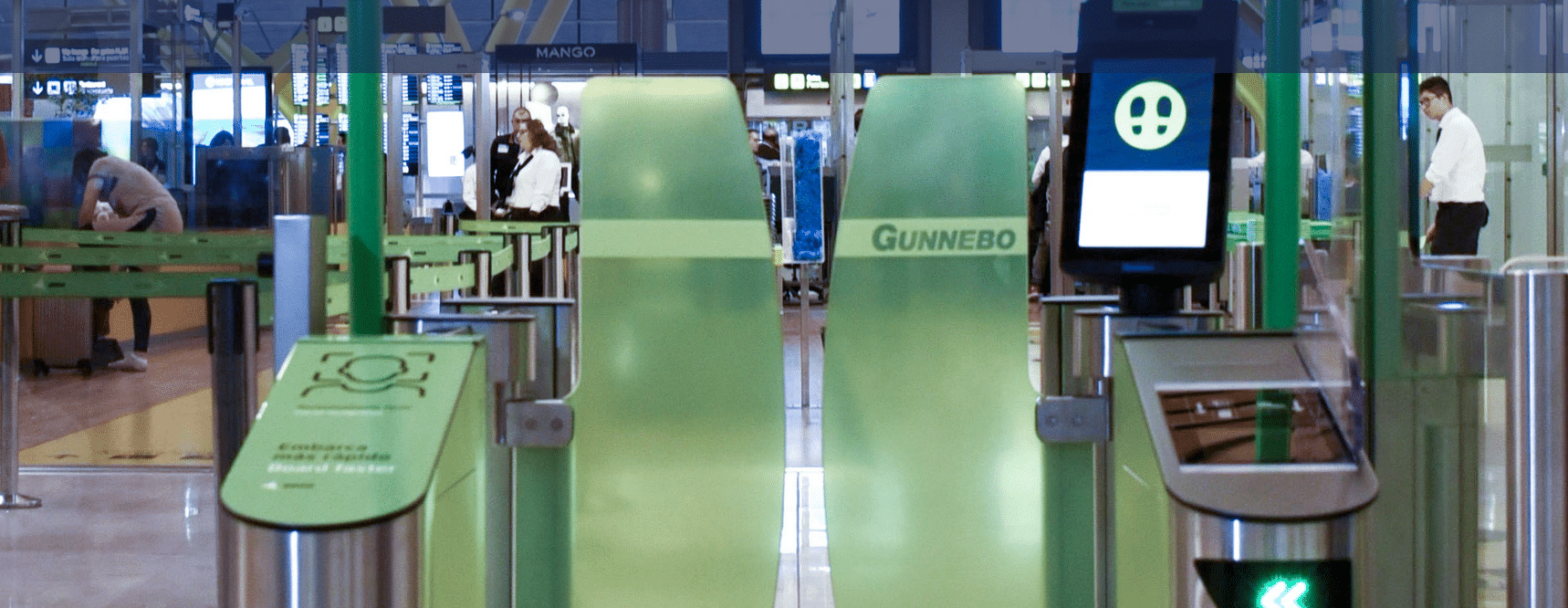The national airports authority AENA and a consortium consisting of Iberia, Inetum, and Thales is carrying out an innovative new project to find ways to operate better in the air travel industry with health measures to fight Covid-19.
The group says the proposed project uses biometrics to identify passengers using mobile devices and aims to provide a smooth airport experience while drastically reducing physical contact, to further enhance the safety of all airport procedures.
The use of tablets also makes the solution mobile and flexible, meaning a limited number of units will be sufficient to deal with a large number of flights to different destinations. In addition, the system hopes to have improved detection capabilities, making it possible to identify passengers even when wearing face masks.
The initiative is being supported by the CDTI, Spain’s industrial technology development agency, through a research and development cooperation program, thus contributing to the improvement of the technological level and digital transformation of Spanish enterprises via the development of innovative ideas.
This R&D program complies with the new measures of contactless security. It will be built around the facial recognition pilot running at the Adolfo Suarez Madrid-Barajas Airport and will serve in the development of new features. They will be integrated them into a single process using a dedicated application as well as new security and boarding controls.
The companies are collaborating to achieve the necessary development and validation. These are the airline Iberia, as and airline, systems integrator Inetum, Thales for the identity verification and biometric technology and airport operator AENA who is responsible for the intermediate integration systems between airline and biometric engine.
